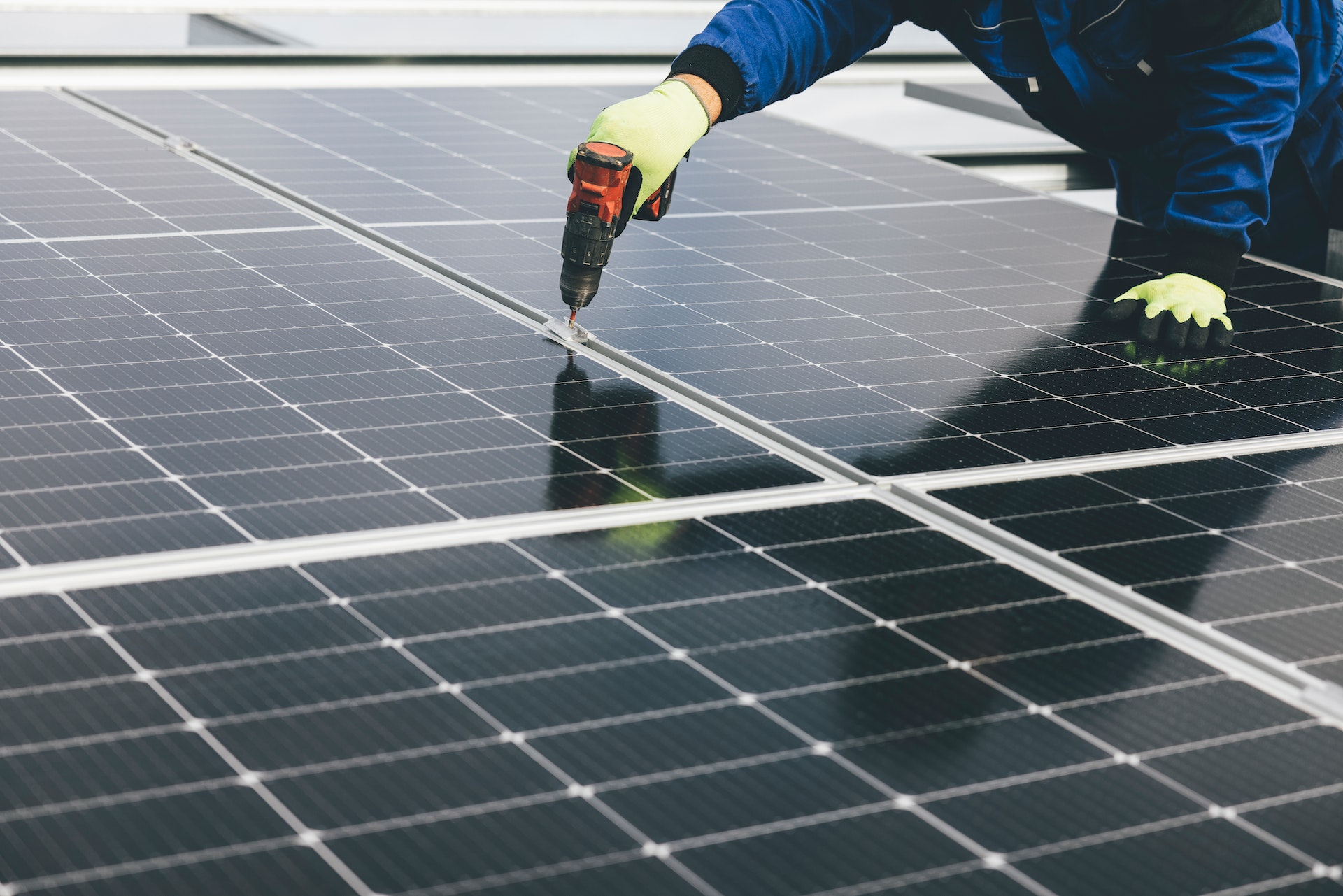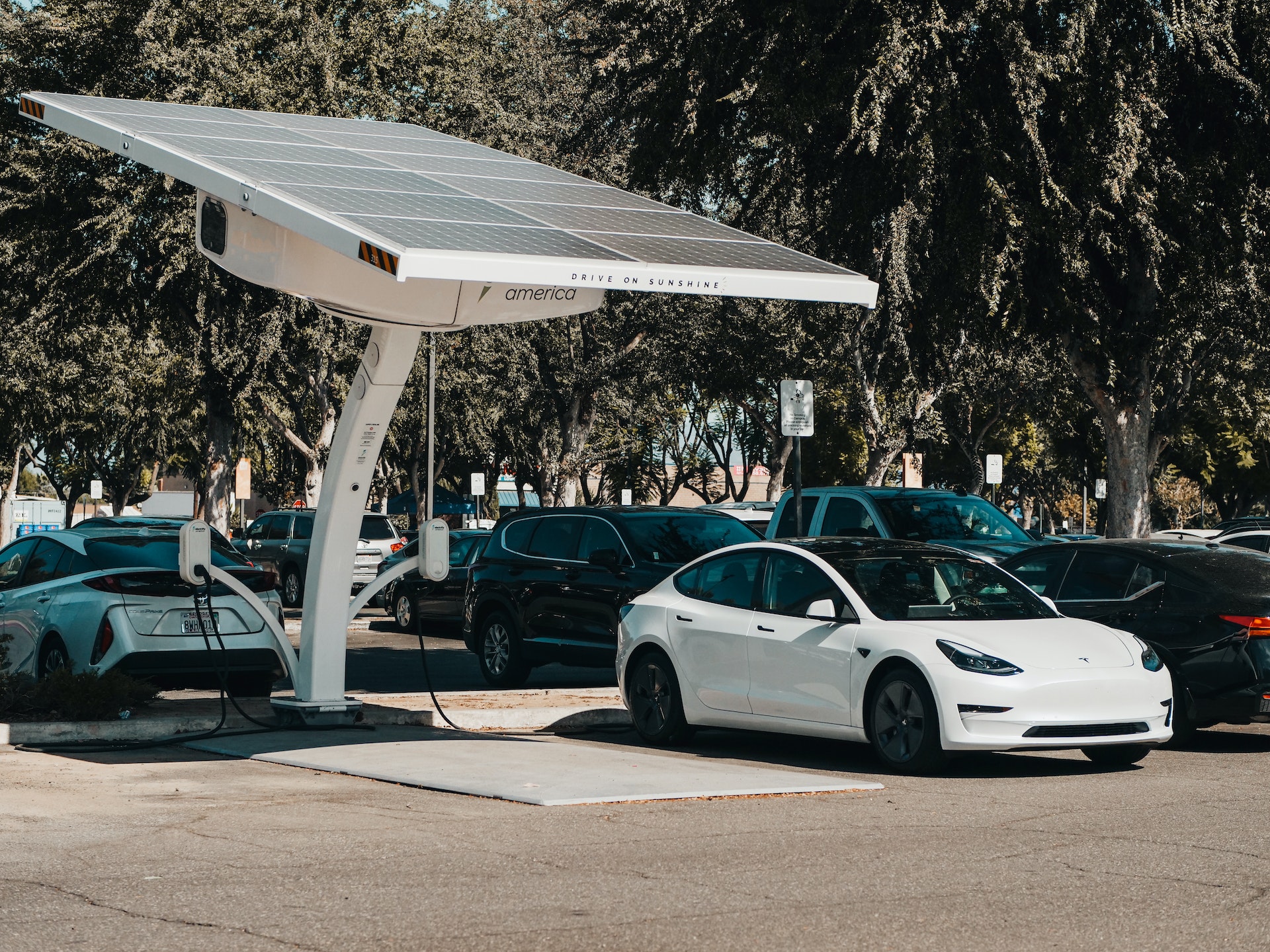FAQ
FAQ's
When you install a solar energy system on your property, you save money on your electricity bills and protect yourself against rising electricity rates in the future. How much you can save depends on the utility rates and solar policies in your area, but going solar is a smart investment regardless of where you live.
Solar panels reduce reliance on fossil fuels, which are major contributors to air pollution and climate change. Solar energy production also conserves water resources and decreases the demand for traditional energy sources, ultimately leading to a reduction in greenhouse gas emissions which contribute to global warming. Additionally, our installer, Powur, offsets 100% of the carbon emissions from panel manufacturing/installation, and company operations.
Net metering is the system that utilities use to credit solar energy system owners for the electricity produced by their solar panels. With net metering, you only pay for the electricity that you use beyond what your solar panels can generate. Net metering policies differ from state to state – from Massachusetts to California – your solar consultant will familiarize you with your local options during your consultation.
The easiest way to find out how much you pay for electricity (and how much electricity you use per month) is to take a look at your utility electricity bill! You will see a breakdown of charges including fixed charges along with charges that scale with the amount of energy you use.
Studies have shown that homes with solar energy systems sell for more than homes without them. However, your property value will only increase if you own, rather than lease, your solar panel system. In most parts of the country, going solar increases your property value more than a kitchen renovation.


